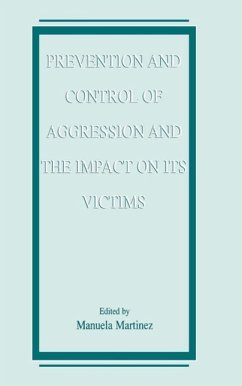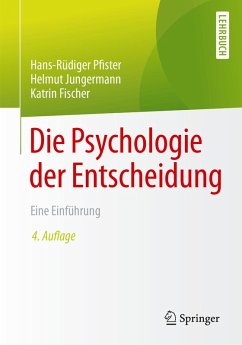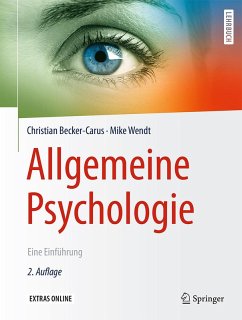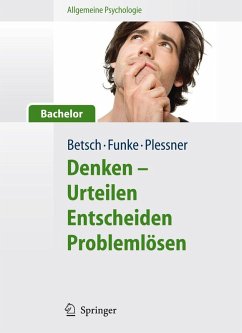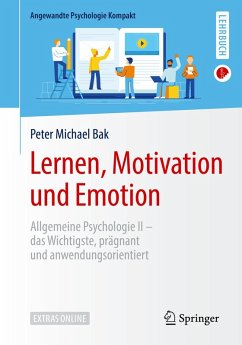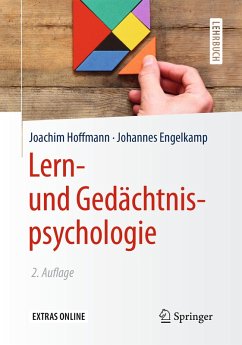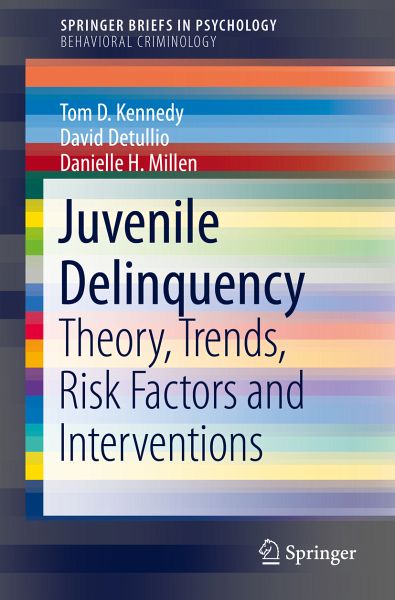
Juvenile Delinquency (eBook, PDF)
Theory, Trends, Risk Factors and Interventions
Versandkostenfrei!
Sofort per Download lieferbar
56,95 €
inkl. MwSt.
Weitere Ausgaben:

PAYBACK Punkte
28 °P sammeln!
This brief explores the current theories, trends, risk factors, and intervention efforts related to juvenile crime. Although arrest rates for juveniles in the US have declined over the last two decades, the amount of severe crimes warrants increased examination as the US reports higher rates than most other developed countries. The authors examine individual, family, and environmental risk and protective factors for juvenile crime, while considering the need for better integration of treatment into critically at-risk areas of the community. Covering notable topics of interest for researchers a...
This brief explores the current theories, trends, risk factors, and intervention efforts related to juvenile crime. Although arrest rates for juveniles in the US have declined over the last two decades, the amount of severe crimes warrants increased examination as the US reports higher rates than most other developed countries. The authors examine individual, family, and environmental risk and protective factors for juvenile crime, while considering the need for better integration of treatment into critically at-risk areas of the community. Covering notable topics of interest for researchers and public policy makers alike, this brief provides an overview of factors and trends related to juvenile crime, aiming to support more effective, evidence-based treatment and prevention.
Dieser Download kann aus rechtlichen Gründen nur mit Rechnungsadresse in A, B, BG, CY, CZ, D, DK, EW, E, FIN, F, GR, HR, H, IRL, I, LT, L, LR, M, NL, PL, P, R, S, SLO, SK ausgeliefert werden.




